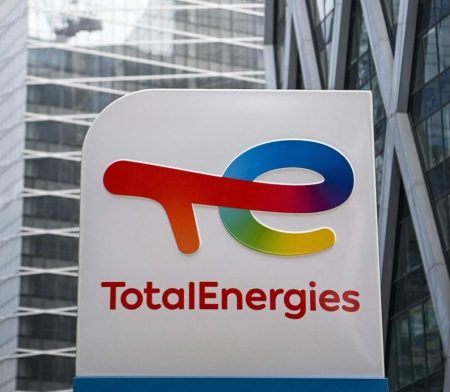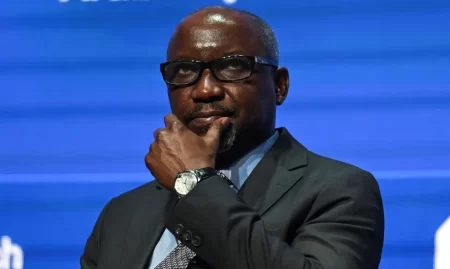
07 June 2015, Houston – JPMorgan Chase & Co. extended a deadline to decide whether to remove Nigeria from its emerging market bond indexes tracked by more than $200 billion of funds, as a new government in Africa’s biggest economy settles in.
The decision that may see Nigeria kicked out of the JPMorgan GBI-EM indexes because of central bank foreign-exchange trading restrictions will be “finalized in the coming months” and no later than the end of 2015, JPMorgan said in a statement dated Friday. Nigeria has a 1.8 percent weighting in the gauge.
“The key focus will be on consistency and observing a reliable record of liquidity, transparency and minimal hurdles for investors to transact,” JPMorgan said. The extension “takes into account that additional time is required to assess the mentioned factors given the arrival of a new administration.”
JPMorgan placed Africa’s largest oil producer on “index watch negative” on Jan. 16, saying central bank measures in December had reduced foreign-exchange and bond trading and made it difficult for investors to replicate the gauge. The New-York based lender had said it would make a decision within five months.
Restricted naira liquidity may force President Muhammadu Buhari, who took office on May 29 after ushering in the country’s first democratic transition of power, to ease trading conditions, Bloomberg strategist Mark Cudmore said last month. About $4 billion of Nigerian local-currency bonds could be impacted by JPMorgan’s decision, he said.
“It’s on the radar screen of investors,” Antoon de Klerk, a fund manager at Investec Asset Management Plc, said by phone from London on June 3. “They’re very concerned about it. It’d be a near tragedy if Nigeria was to be kicked out.”
Central Bank of Nigeria Governor Godwin Emefiele, confronted with lower crude prices and a naira that has weakened 18 percent against the dollar in the past 12 months, enforced trading restrictions to stabilize the currency. He has said the measures are designed to curb speculative demand for dollars and any investor is still able to enter and exit the market freely.
*Chris Kay & Paul Wallace – Bloomberg



